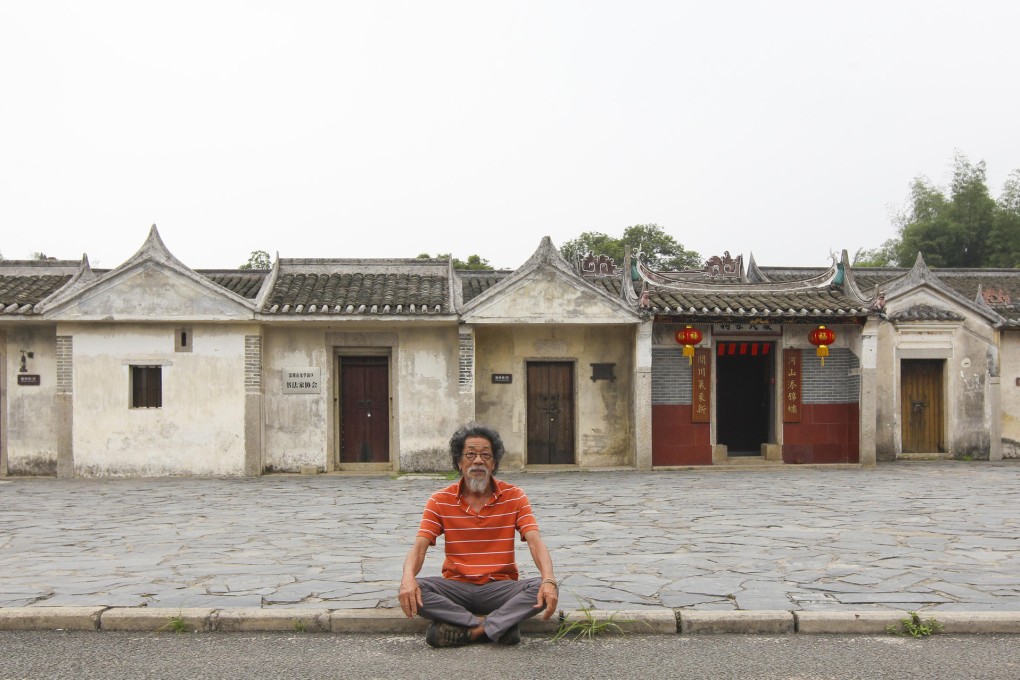Back to his roots: Chinese-Jamaican Leo Lee
Jamaican-born reggae producer Leo Lee remembers the bucolic Shenzhen countryside as he traces his Hakka heritage, writes Thomas Bird

Guanlan, a town in Shenzhen's Guangming New District, has doubtlessly profited from China's industrial revolution, at least in material terms. Its rice farmers turned factory landlords - Hakka mainly - now drive Japanese cars, yap into Korean smartphones and spend their leisure time frequenting the karaoke houses and massage parlours that are Guanlan's principle distractions - the town is actually closer to the infamously disreputable city of Dongguan than it is to downtown Shenzhen.
Yet economic prosperity has come at a cost. One of the few remaining green spaces in Guanlan is Qiuyulin Park, where Hakka locals still come for morning exercises and to practise kung fu. The park's hillside affords views of a chaotic sea of grubby factories strewn beneath a smog-filled sky. The stench of foul water in open sewers pervades the air and it is hard to imagine what life was like here before the world's fastest industrial revolution took its toll.
"When I first came here, in 1947, we drank from a well," says Leo Lee, surveying the panorama of his ancestral homeland from the park. "It's still there, next to the government office. In those days there was no electricity. You were lucky if you saw a bike, never mind a car. We all had to help out in some way. My thing was to take the water buffalo out to the field so that it could feed on the grass. I liked to sit on its back while it was eating. Now I feel like I'm in a glass jar and someone is slowly injecting poison. I don't dare take a deep breath."
Close to the park, hidden from the street by boxy tenements, stands a cluster of houses dating back to the Qing dynasty. Here rises an old watchtower. Ancestral shrines named after various clans dot the area.
"These buildings were here when I first came back [to go to school] in the 1940s," Lee explains, as we tour Laoyi Village - one of two remaining old villages in Niuhu, itself a hamlet in Guanlan. "You could sit in my family house and look out at farmland stretching as far as the eye can see. There were rice paddies and fruit plantations, a lot of trees - much more than there are now. They've even levelled some of the mountains. I suppose this is progress, in some ways good and in some ways bad."
Laoyi may be Lee's ancestral home but the 73-year-old began life on the other side of the world, in Jamaica.
"I was born in 1941 in the parish of Portland, in a place called Skebo, way down in the bush," Lee explains, in heavily lilted Jamaican-English, over coffee in his family home. "That's where my grandfather, James Lee, started his business. The ship that take him from Hong Kong go direct to Portland because the banana plantation was there. James Lee just wanted to go out in the world and make some money to feed his people [in Guanlan]. I don't think he have any idea what the hell was going on. He started as a coolie and eventually ended up owning a grocery shop selling food, pots and kerosene lamps."